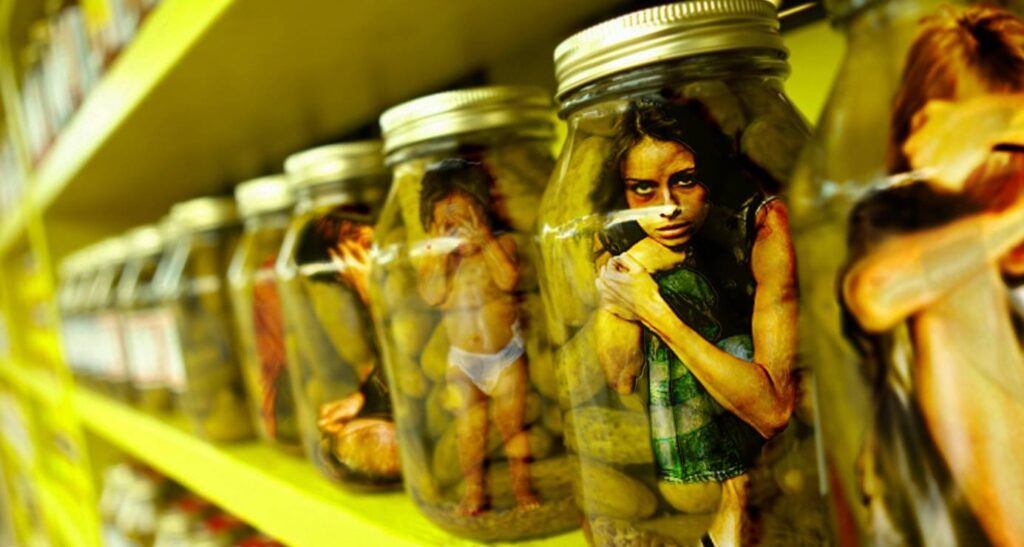
Sometimes, the shuddering past shakes itself and slaps with a memory. Like the time I visited an orphanage in Colombia and paused outside a room that was described as its “library.” In the center of the room, an empty table was surrounded by eight empty chairs. Along one wall stood sparsely filled bookshelves. Along another wall stood four stacks of boxes, each stack five boxes high, which my tour guide described as book donations not yet unpacked. There would be a time some months later when I would pass by the room again, its door wide open as before. The bookshelves were still sparsely filled but, this time, there stood eight stacks of boxes, presumably filled with more book donations. The table and chairs were as empty as before. Beyond the orphanage gate, it’s said that most orphans who “aged out” ended up as prostitutes or in the army used by the government to fight a rebellion that can only end when poverty did. People sincerely can contain good intentions, like donating books to orphans. But guiding the orphans to reading—to education, to philosophy—that’s another matter. My face hurts, not just from the slap of a memory, but because it contains my eyes through which I look at this world.
.
Eileen Tabios
.
